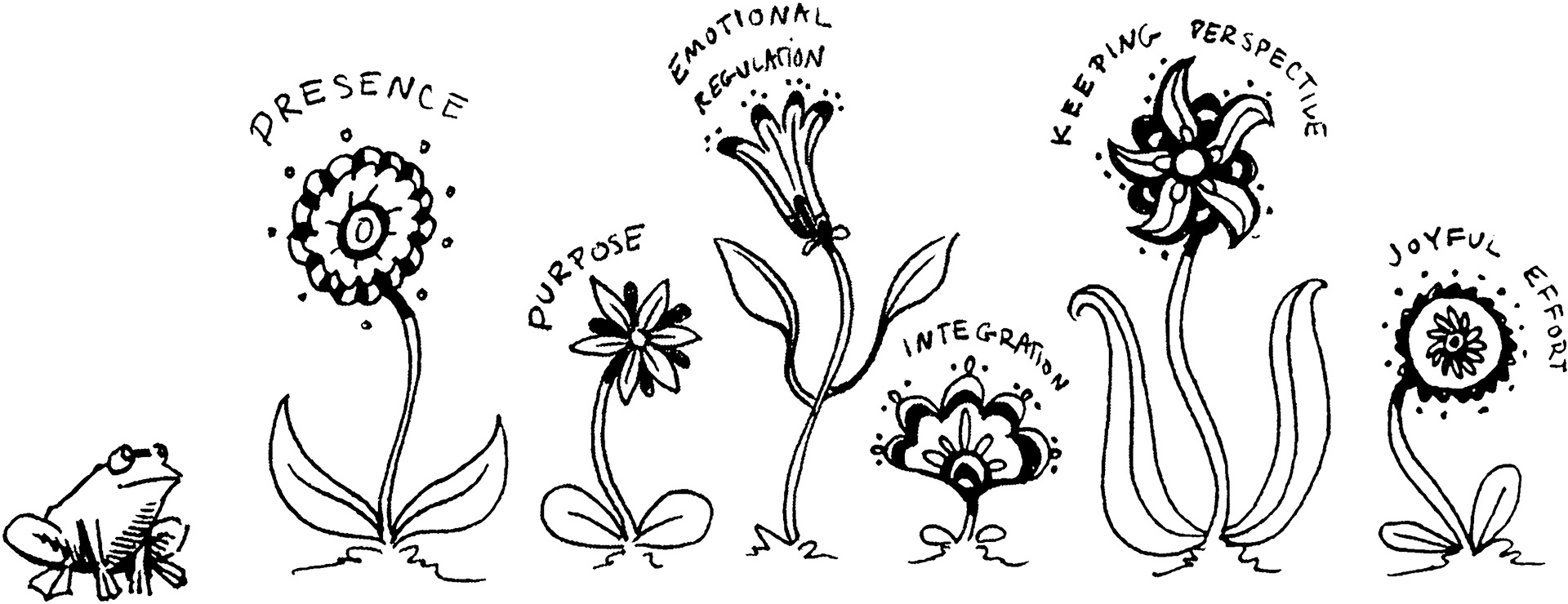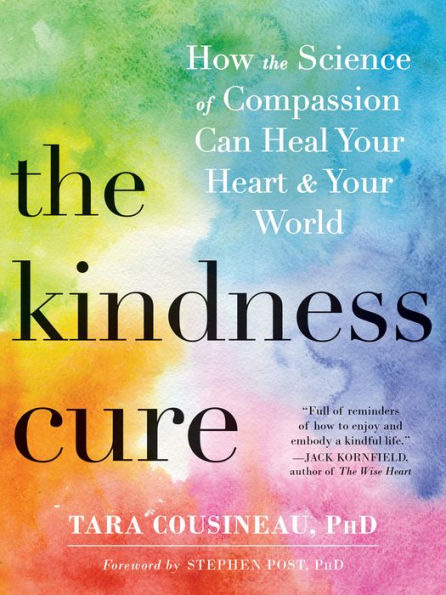Be Kind
The secret to how we can all get along? Start close to home, even closer than you think!


Cousineau says she wrote this book as a gift for her daughters.
Of course these are all tensions that exist today. Americans are suffering from what Cousineau calls "kindness phobia." She believes the impulse to be kind is built into our nervous systems, but current events are short circuiting people's emotional wiring. Stress creates emotional tunnel vision. Immediately people zero in on the threat. That jacks up their stress more, and when people are in fight or flight, says Cousineau, they are less generous, less friendly, and less kind.
Besides having her own private practice in the Boston area, Cousineau sees students at Harvard's Mental Health and Counseling Service and is an adjunct faculty member at the Center for Mindfulness and Compassion, which is affiliated with Harvard Medical School.
She urges fledgling Samaritans to begin by directing their compassion not to others but toward a surprising audience — themselves, a task many find difficult. "Compassion begins with kindness to ourselves. You must love yourself first. The more you practice kindness for yourself, the more resilient and compassionate you become for everyone else."
Getting started begins by being present in your life, she instructs. "Notice your feet on the floor. Notice what your five senses tell you at any given moment. Instead of being caught in a mind-loop of all the stressors in your day, slow down," she advises.
How will that help? The goal is to retrain the nervous system to respond rather than react. It need not require something demanding or time-consuming like an hour of daily meditation. It's better to practice what Cousineau calls "three by fours"— spending three minutes breathing four times a day.
"Make your cup of coffee, and be present in the moment. Don't do anything else. If you can manage your emotions, you'll be much better prepared to deal with daily stressors," she says.
Being more self-aware makes people happier, and studies show that happiness blossoms into bouquets of benefits. Among other things, mindfulness eases depression and chronic pain symptoms, improves body image, strengthens romantic relationships, and promotes longevity. Happier people are more likely to be kind to loved ones and everyone else in their lives.
Yet many shy away from showing kindness. "Kindness gets a bad rap that it's weak, it's soft, or it's feminine when, in fact, it's quite the opposite. Kindness is love in action. You have to go forward into the world with fierce compassion and courage. You have to allow yourself to feel comfortable with discomfort. You're putting yourself out there and allowing yourself to be vulnerable," she says.
There's no need to do grand or dramatic deeds for yourself or others. In her book, she tells stories of people who perform modest, yet powerful, acts. A person anonymously left Post-It notes with kind messages in elevators. A UPS delivery man, instead of being numbed by his delivery route, began to see himself as someone who delivers happiness, not boxes. Some of her kindness suggestions include smiling at others; saying "I love you;" complimenting co-workers; getting to know someone who is not like you; picking up trash; volunteering at a charity; and sending a thank-you note or email to someone every week.
"Being kind," writes Cousineau, "is life's long song that we sing to one another."
By George Spencer
Illustration by Pamela Best

This article was a perfect compliment to our study today of chapter 3 of Pope Francis’ encyclical Laudato Si’, “On Care for Our Common Home”. Thank you for your insight. We can all make a difference. Start small. Baby steps. Let’s all grow kinder together.
Great article and reminder to start the year and always lead with kindness! ðŸ™ðŸ¾